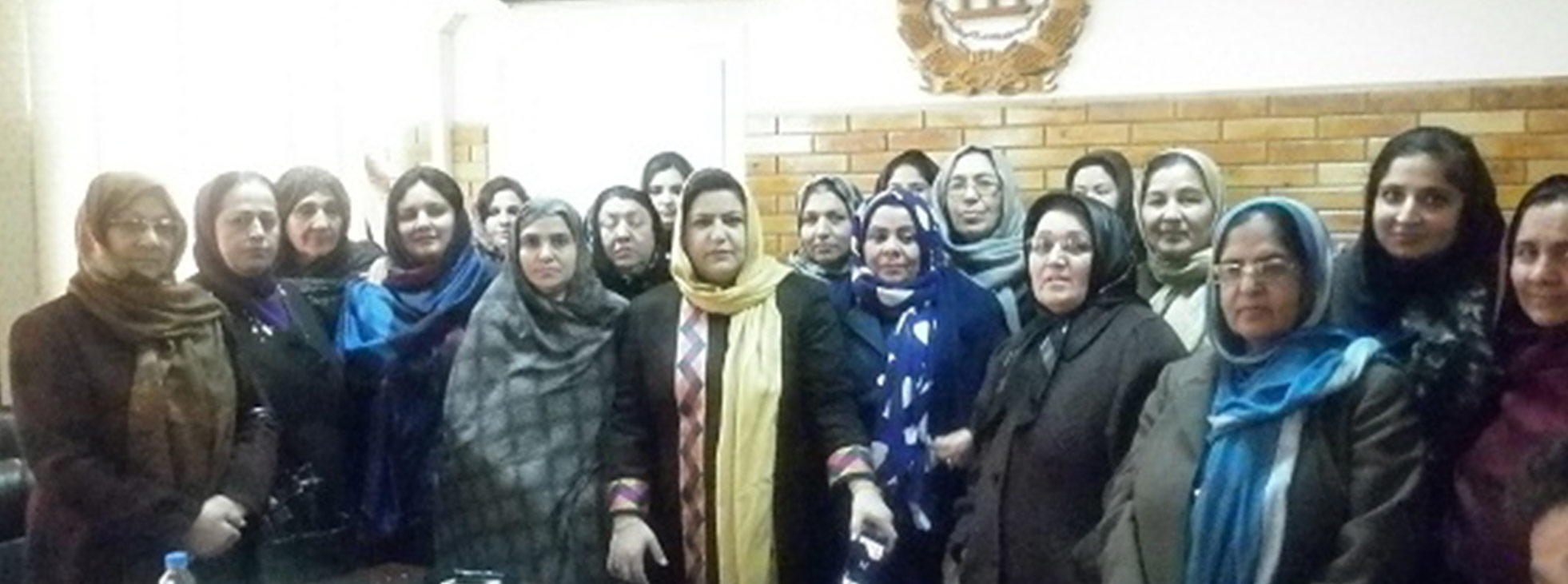Country in Focus: Afghanistan

Afghanistan, the country of hope and determination, has undeniably experienced much progress in relation to school enrolment, immunization, polio eradication, democratic developments and the rise of civil society in the last decade. After thirteen years of foreign occupation which left the country torn and conflict-ridden, coalition forces pulled out of Afghanistan in December 2014. As a result, Afghanistan was left to deal with the consequential setbacks while simultaneously aiming to realize its newfound aspirations and goals for nation-building in the wake of civil disruptions. Both internally and regionally, transitional challenges remain which need to be efficiently addressed to meet the promises made to the people of Afghanistan. The protection of constitutional rights, the maintenance of the freedom of civil society and the wellbeing of the Afghan society at large, feature most prominently as critical issues which need to be addressed.
Afghanistan’s transition may be categorized as encompassing various aspects beyond simply military and security matters. Evidence has painted a disconcerting picture regarding judicial matters, especially concerning the improvement of the rule of law, governance, and access to justice services. Concerns about Afghanistan’s newborn democracy, its human rights record, its development trajectory, regional peace and stability occupy the mind of many Afghans.